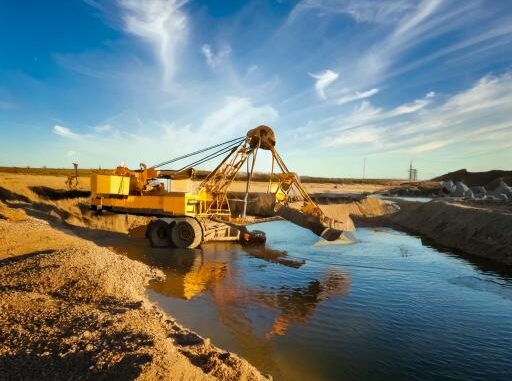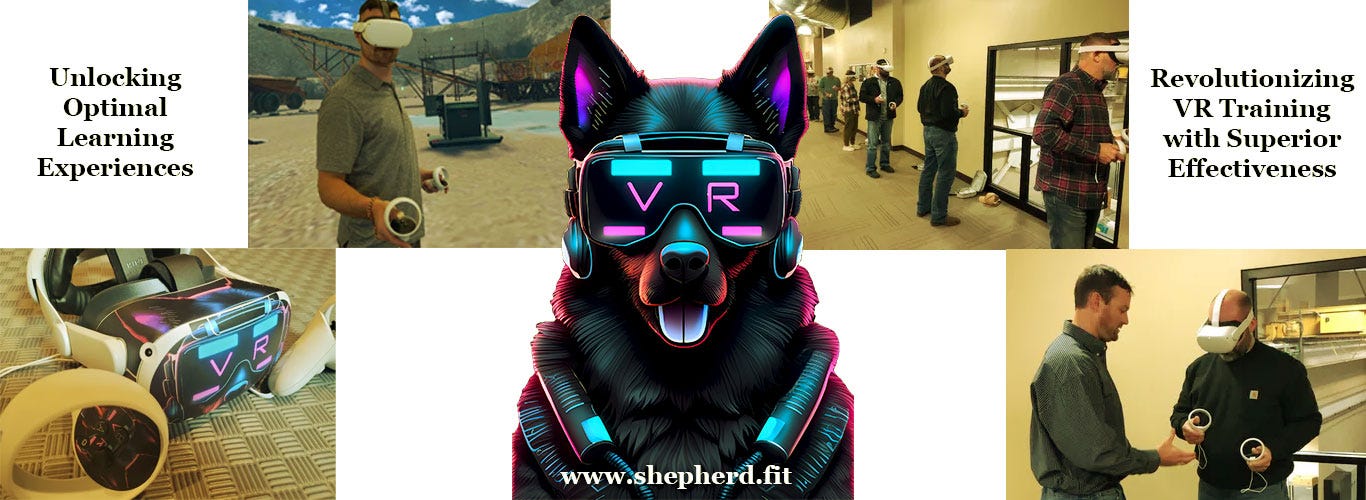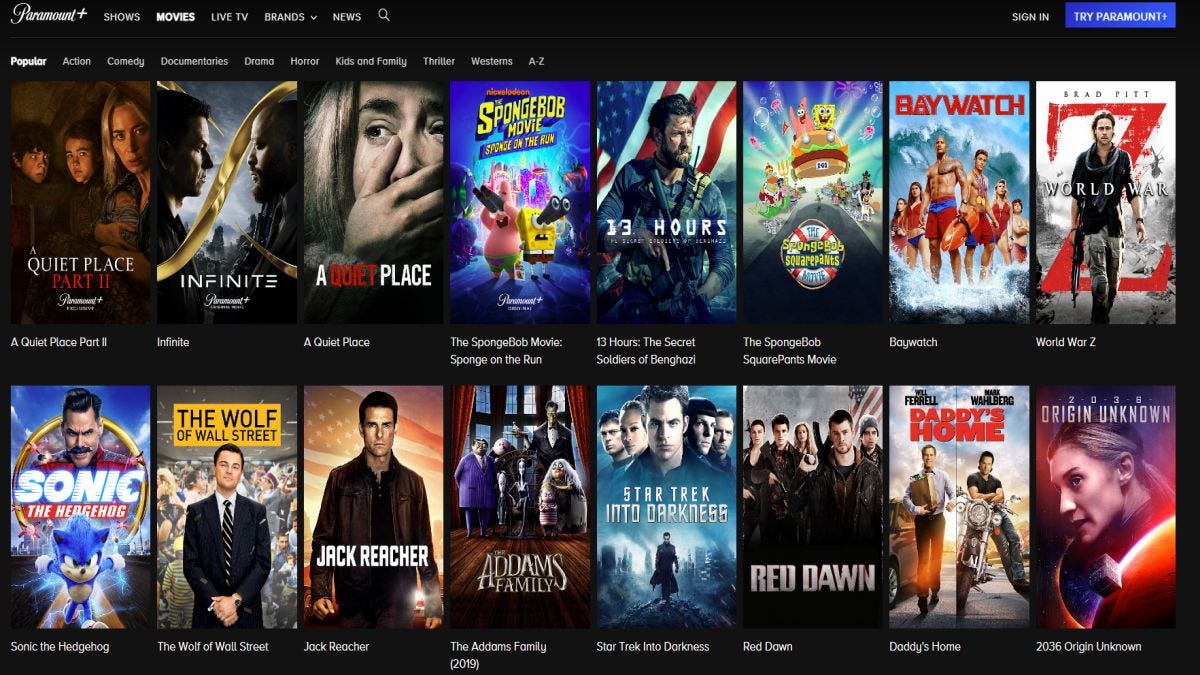
The ownership, use, and monetization of produced water have rapidly transformed what was once a liability into a valuable asset, creating significant legal and economic uncertainty for operators and landowners alike. With advancements in water recycling technologies and operators discovering new revenue opportunities from produced water byproducts, disputes surrounding produced water are intensifying.
This article examines the multifaceted legal and economic issues surrounding produced water, including legislative developments, ongoing litigation, and the unresolved question of ownership of valuable byproducts like lithium.
What is Produced Water?
Produced water, a byproduct of oil and gas production, includes both naturally occurring formation water and injected fluids used in production operations. Operators are responsible for managing and safely disposing of produced water, commonly employing methods such as reinjection for enhanced oil recovery, disposal through injection wells, or treatment and discharge.
Under Texas law, groundwater, defined as “water percolating below the surface of the earth,” is generally owned by the surface estate and its ownership can be severed and conveyed separately. Consequently, disputes involving produced water center on whether this resource, now viewed as a valuable commodity, belongs to the operator or the owner of the groundwater rights.
Legislative Developments
Texas addressed produced water ownership in 2013 through the passage of HB 2767 and expanded the provisions of Section 122 of the Texas Natural Resources Code in 2019 with the passage of HB 3246.
Under Section 122, ownership (and the associated liability) of produced water transfers to the recycler when the water is treated for beneficial use. While these laws sought to clarify the ownership of produced water and encourage the recycling of it, they also raise constitutional questions about property rights and potential governmental takings.
Litigation Landscape
Recent cases such as COG Operating, LLC v. Cactus Water Services, LLC underscore the complexities of produced water ownership in Texas. In the above case, the appellate court affirmed that the mineral lessee owned the produced water based on the provisions of their oil and gas lease.
However, the dissenting opinion focused on the unresolved question of whether produced water constitutes groundwater, emphasizing the need for legal demarcation. This crucial unresolved issue foreshadows potential constitutional challenges to current legislation moving forward.
Ownership of Lithium in Produced Water
Lithium is a lightweight, highly reactive metal that plays a critical role in the manufacturing of electric batteries. Lithium is found dissolved in produced water as a soluble ion, which adds another layer of complexity to ownership disputes. Although Texas law distinguishes between surface and mineral estates, the ownership of lithium dissolved in brine remains unsettled.
Under the ordinary and natural meaning test adopted in Moser v. U.S. Steel Corp., lithium may qualify as a mineral owned by the mineral estate if it is determined to be a substance commonly recognized as a mineral at the time of the conveyance.
However, the application of the surface destruction test applied to pre-1983 grants may qualify lithium as a mineral owned by the surface estate if the methods for extracting the lithium cause substantial damage to the surface.
Adding to the uncertainty is the economic promise of innovations in technology (such as direct lithium extraction), which makes lithium recovery from produced water increasingly viable. Legislative intervention and judicial clarification will likely be required to settle these issues.
Practical Considerations for Oil and Gas Operators and Produced Water Management Teams
For oil and gas operators and produced water management teams alike, the evolving legal and regulatory landscape surrounding produced water requires a proactive approach. Key considerations include:
- Confirm Title Ownership: Trace the produced water back to its point of origin. Run title to determine the ownership of the surface estate, oil and gas mineral estate, the lithium mineral estate, and the groundwater. Based on commercial and legal determinations, develop a plan to enter into an agreement with such parties regarding the extraction and refinement of lithium from produced water.
- Review and Update Agreements: Ensure all commercial agreements explicitly address the ownership and handling of produced water. Agreements should include provisions regarding title transfer at each stage (i.e., handling, transportation, treatment, and disposal) and the oil and gas operators’ indemnification from legal disputes over title to the produced water, where appropriate.
- Define Beneficial Use and Ownership of Byproducts: Clearly define how produced water and extracted minerals like lithium are managed. Agreements should delineate whether oil and gas operators retain ownership of constituent parts or if title transfers to the produced water management teams upon delivery.
- Monitor Legislative and Judicial Developments: With ongoing litigation and the likelihood of future legislative changes, operators and management teams should stay informed about evolving laws and court decisions. Engage legal counsel to assess the impacts of these developments on existing agreements and operations.
- Investment in Infrastructure: Oil and gas operators and produced water management teams investing in recycling and lithium extraction technologies should secure their interests through robust contractual frameworks. Specify how costs, risks, and benefits are shared to avoid disputes later down the line.
By taking these steps, oil and gas operators and produced water management teams can minimize legal risks, optimize the economic potential of produced water, and position themselves for success in this emerging new market.
Conclusion
As produced water continues its transformation from waste to asset, the legal framework governing its ownership—and that of its valuable constituents like lithium—remains a work in progress. Stakeholders should anticipate further litigation and potential legislative action to address these unresolved issues.
The content of this article is intended to provide a general guide to the subject matter. Specialist advice should be sought about your specific circumstances.

Everyday your story is being told by someone. Who is telling your story? Who are you telling your story to?
Email your sustainable story ideas, professional press releases or petro-powered podcast submissions to thecontentcreationstudios(AT)gmail(DOT)com.
#thecrudelife promotes a culture of inclusion and respect through interviews, content creation, live events and partnerships that educate, enrich, and empower people to create a positive social environment for all, regardless of age, race, religion, sexual orientation, or physical or intellectual ability.



